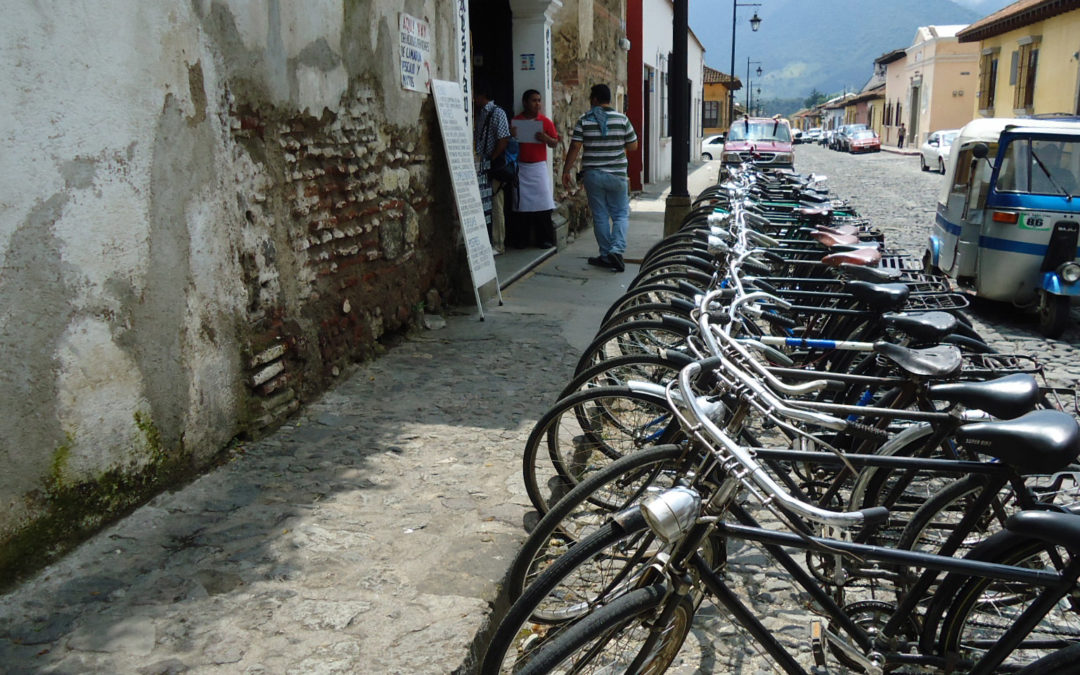
GCCA · Early Warning System in Lesotho
GCCA · Early Warning System in Lesotho
Lesotho is one of the chronic poverty stricken Land-Locked Least Developed Countries. Prone to natural disasters, drought and desertification, Lesotho has a fragile mountainous ecosystem which makes it particularly vulnerable to current climate variability and future impacts of climate change.
Current climate variability such as increases in peak temperatures and precipitation events that often result in droughts, floods, heat and cold stresses has already taken its toll on rural populations, who are already living under difficult conditions, with food insecurity and vulnerability rampant in some regions of the country. Agriculture and livestock, which provide for employment and nourishment for the majority of rural dwellers, are subject to impacts from climate vulnerability and change, particularly chaotic rainfall patterns, as well as other environmental stressors such as soil erosion.
Under the Global Climate Change Alliance of the European Union, OIKO formulated a support Program with two pillars. The first pillar to strengthen the country´s capacity to implement early warning systems for rural populations, through the strengthening of key technical capacity and the rehabilitation of key infrastructure. The second pillar to build capacity for better technical integration of climate change issues into development planning, by promoting tools and methodologies for the analysis of vulnerability and the development of innovative adaptation solutions.
This initiative culminated in the development of a policy on adaptation for the Government of Lesotho, following the NAPA: (i) Capacity Building and Policy Reform to Integrate Climate Change in Sectoral Development Plans; (ii) Improvement of an Early Warning System against Climate Induced Disasters and Hazards.
COUNTRY
Kingdom of Lesotho
IMPLEMENTATION PERIOD
2020
DONOR · PARTNER
European Delegation in Lesotho · GCCA Phase II



